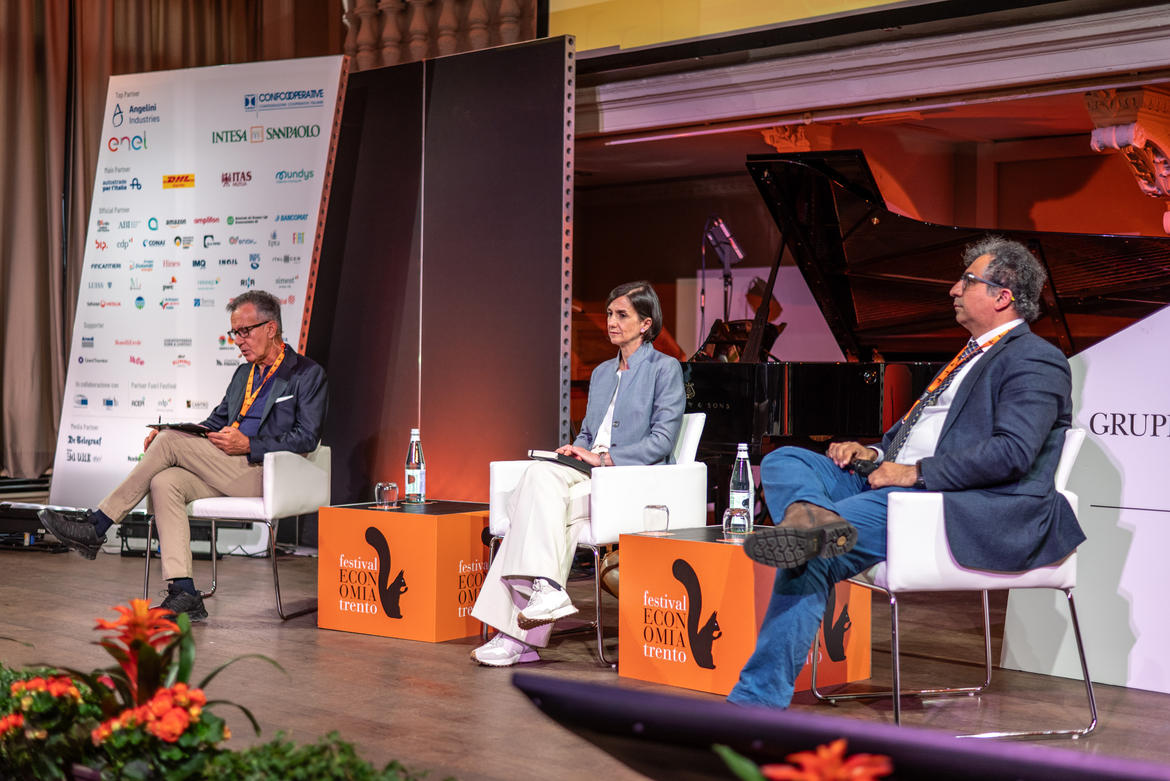
According to Dr. Pejman Abdolmohammadi, Trump's negotiations with Iran signal not a strategic rapprochement, but a tactical maneuver. "Trump is trying to penetrate an Islamic Republic that is now weakened”, he explained, noting Iran’s fragile economic situation, diminishing regional influence, and growing internal discontent. Trump’s posture toward Iran appears to oscillate between confrontation and diplomacy. Paolo Magri summarized the American dilemma as a choice between three paths: attack Iran, negotiate to delay its nuclear ambitions, or accept it as a nuclear state. Dr. Abdolmohammadi believes Trump is pursuing a hybrid approach.
On Syria, Trump’s surprise meeting with Syrian President Al-Sharaa highlighted a renewed push to reintegrate the country into the Arab world, an initiative backed by Saudi Arabia’s crown prince. Valeria Talbot pointed out that “the aim is to bring Syria closer to Turkey and the Gulf monarchies, and away from Iran”. This shift could also help curb the trafficking of captagon, a drug whose proceeds have supported Assad’s regime.
Meanwhile, Gaza remains a hotspot. While seemingly far-fetched, Trump’s vision of transforming it into a Middle Eastern Riviera inspired Arab states to propose a multi-stage reconstruction plan. “Trump often raises the stakes, only to settle for less, in an escalation and de-escalation strategy”, Talbot observed. On the broader geopolitical chessboard, Dr. Abdolmohammadi argued that Trump’s ultimate goal may be the creation of a “new Middle East” to support a larger strategy to limit China’s influence. Here, what is important is trying to avoid the two extremes, Netanyahu on one side, and Hamas on the other. “Real diplomacy needs to come back to work”, he adds.
Europe, meanwhile, is showing signs of a policy shift on Gaza. Countries like Spain, France, and the Netherlands are calling for the suspension of the EU’s association agreement with Israel. “Seventeen out of 27 EU countries now support this move”, Talbot noted. However, major players like Italy and Germany remain hesitant, and the lack of unity remains a major weakness.











